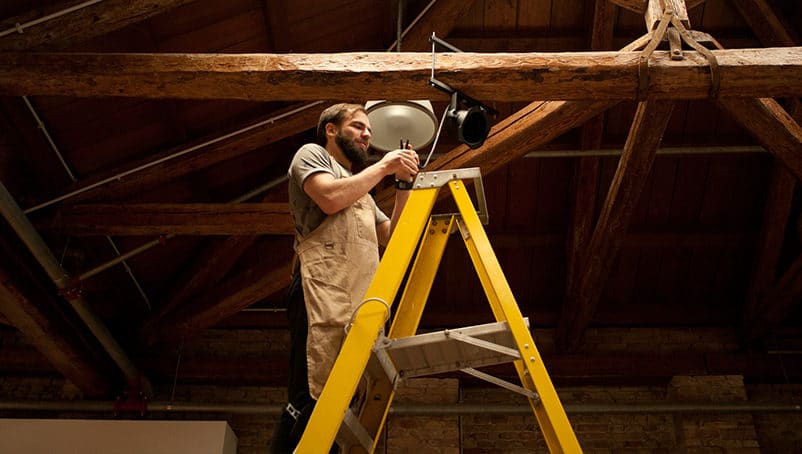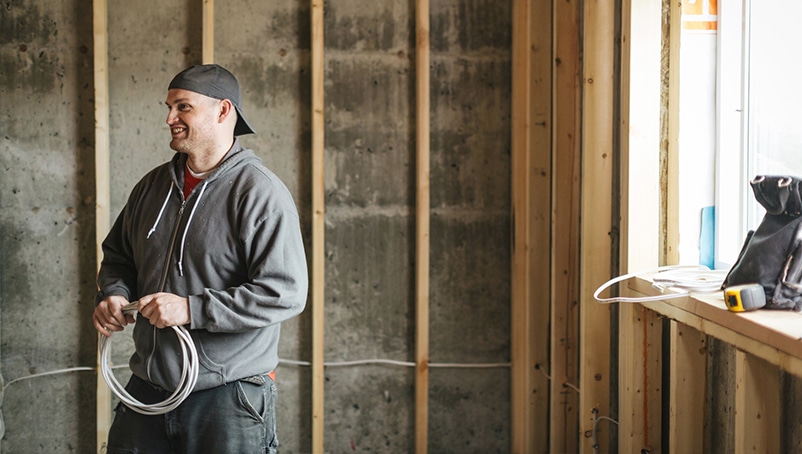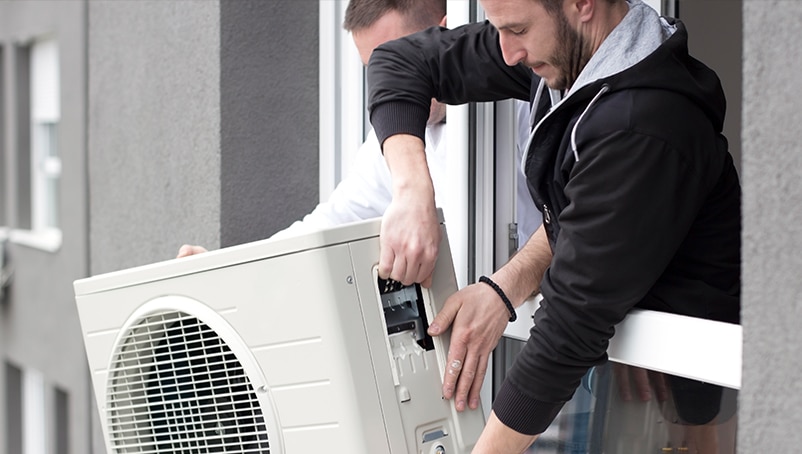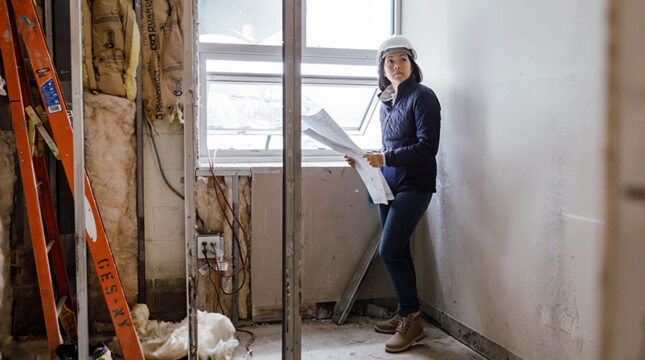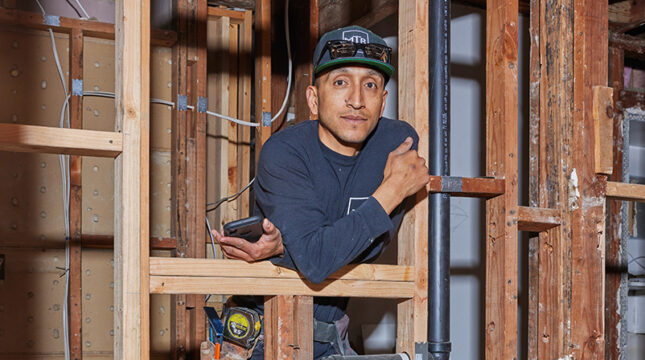Which Texas cities require a general contractor license?
Even though a state license is not required for all general contractors, you might need to apply for a license through your local municipality. Go to your local city and search for “general contractors licenses,” to determine the general contractor license requirement in your city.
The requirements vary by city. Here is what that might look like in bigger metropolitan areas:
Austin
If you are doing contracting work in Austin, you must apply for a general contractor permit before doing work. You may also need to obtain a project-based permit, though not all projects require a permit in Austin. Your general contractor permit application from the City of Austin Service Center and Trade Permits can ask for information such as:
- The scope of work
- The project address
- Your building permit numbers
- A detailed description of the project
Dallas
The City of Dallas requires you to file an application for contractor registration based on the license type you need. General contractor work includes residential and commercial general contracting, roofing, fencing, foundation, demolition, and pool contracting.
Here’s how to apply: You’ll need to provide proof of liability insurance, a state sales tax permit and a certificate of occupancy for a physical business location in Dallas, among other things.
This registration isn’t a one-time thing. You’ll need to renew it every year.
As for insurance, Dallas requires you to have workers’ compensation and commercial auto insurance policies. It’s also a good idea to have a general liability policy.
Houston
Houston doesn’t have a general contractor license, so you don’t need to worry about licensure requirements. However, you will need permits on a job-by-job basis. The Houston Permitting Center has a project planner to help you figure out which permit you will need.
All businesses operating in the city must obtain a Basic Business License (BBL) from the Houston One Stop Business Center.
As part of the BBL process, contractors may be required to show proof of various insurance coverages, depending on project types and permits. These typically include general liability, workers’ compensation and commercial auto policies.
Moreover, contractors will often need special permits. Most projects require an inspection from the city for safety and code compliance.
San Antonio
For general contract work in San Antonio, you’ll need to register with Development Services to obtain an initial license or renew an existing one before obtaining any permits.
Different types of work can require different registration application forms and license fees. For example, the home improvement contractor form (for limited repair work) is separate from the residential building contractor application (for more extensive construction work).
If you are applying as a residential building contractor, you will also need a certificate of liability insurance.
